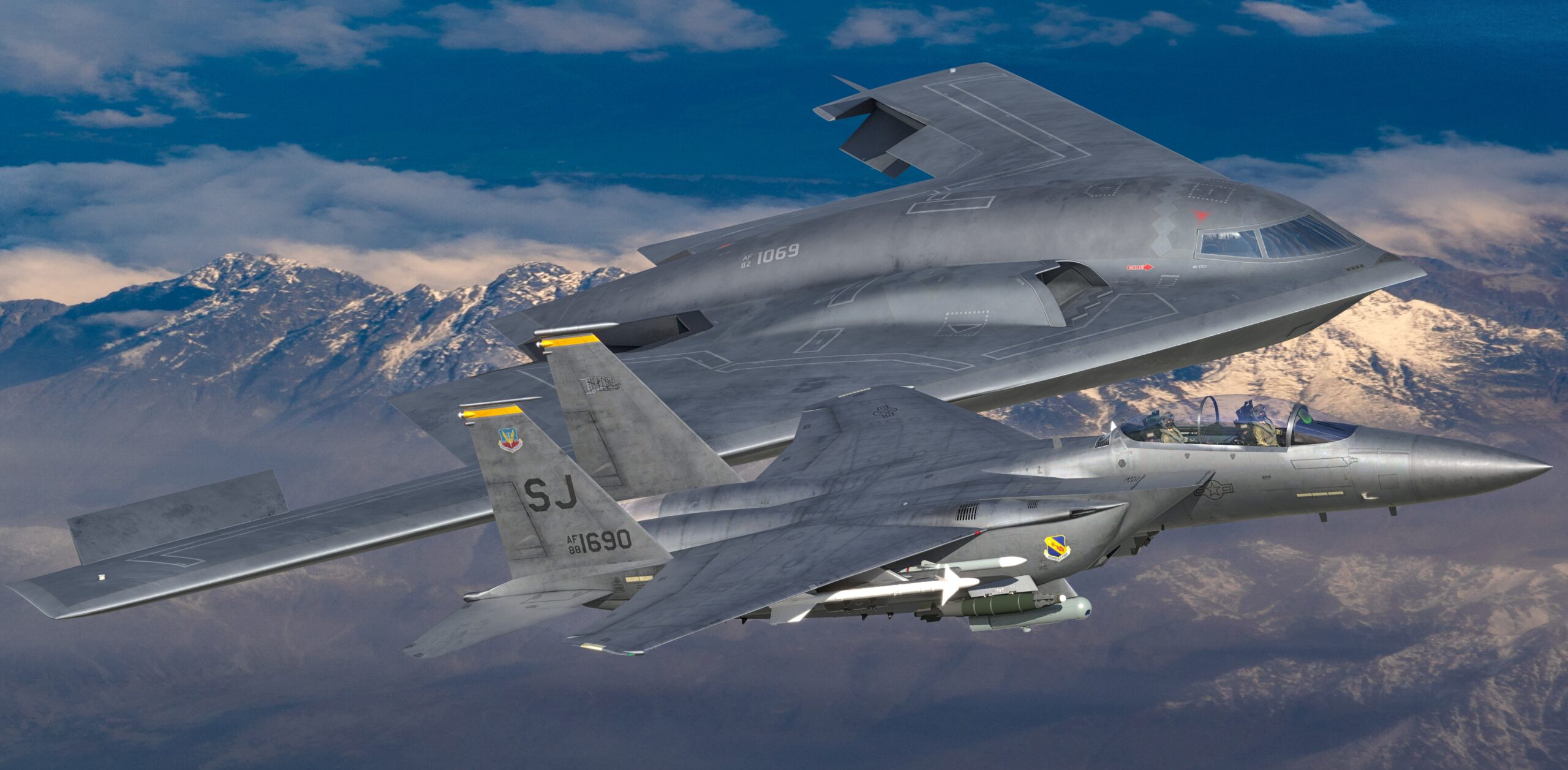How to Disable a Drone
Drones have become increasingly popular, but sometimes, there are valid reasons to disable them. This might be for privacy concerns, security reasons, or simply because they are flying in restricted areas. Here’s a guide on how to disable a drone, with a focus on legal and ethical methods.
Understanding Drone Technology
Before you attempt to disable a drone, it’s essential to understand how drones work. Most consumer drones operate on common radio frequencies, such as 2.4 GHz or 5.8 GHz. They use GPS technology for navigation and stabilizing flight. Some have cameras and other sensors for navigation or capturing data.
Legal Considerations
It’s crucial to be aware of the legal implications of disabling a drone. Unauthorized interference with a drone can lead to significant legal penalties. Laws vary by country and region, so check local regulations and ensure you have the right to take action against the drone.
Methods to Disable a Drone
1. Jamming Devices
Radio frequency (RF) jammers can disrupt the control signals between the drone and its operator. These devices interfere with GPS signals, causing the drone to lose its way. However, RF jamming is illegal in many regions because it can interfere with other electronics, including emergency services.
2. Drone Signal Interceptors
Signal interceptors can hijack the connection between the drone and its controller. These devices can take control of the drone, forcing it to land or fly to a designated location. They are more selective than jammers but must still be used cautiously and within legal boundaries.
3. Geofencing Technology
Some areas use geofencing to create virtual boundaries that drones cannot cross. Drones equipped with GPS recognize these boundaries and will not enter prohibited zones. This method is proactive and preventative, often used by stadiums, airports, and government buildings.
4. Laser Systems
Lasers can be used to disrupt a drone’s sensors, particularly its cameras. High-powered lasers can overload the drone’s sensors, causing it to malfunction or crash. Laser use must be cautious to avoid injuring people or causing unintended damage.
5. Physical Interception
There are devices designed to physically intercept drones mid-air, such as net guns or trained birds. Net guns shoot a net to entangle the drone, bringing it down safely. Trained birds, like eagles, can capture drones and bring them to their handlers. Both methods are specialized and often used by law enforcement or security agencies.
Ethical Considerations
Disabling a drone poses ethical questions. Consider the intent of the drone operator. They might be using the drone for harmless purposes such as photography or recreation. Ensure your actions don’t result in unnecessary conflict or damage. Explore alternative measures, like speaking to the operator or contacting authorities.
Safety Precautions
- Always prioritize safety. Ensure the drone’s disabling doesn’t endanger people or property.
- Use non-destructive methods where possible to limit collateral damage.
- Be aware of your surroundings. Crowded areas require extra caution.
Reporting and Documentation
If you disable a drone, document the event. Take photographs or videos as evidence. Notify local authorities about unauthorized drone activity. Proper reporting helps in resolving any disputes and ensures accountability.
Tools and Equipment
Quality tools and equipment can significantly affect the outcome. Investing in reliable RF jammers, signal interceptors, or net guns is essential. Ensure you are trained and familiar with the operation of these devices to use them effectively and safely.
Using Technology Responsibly
Your efforts to disable a drone should be balanced with responsible use of technology. Advocate for safe and legal drone operation. Support measures that promote responsible drone use in your community.
Drones are versatile devices with many beneficial applications. Balancing their advantages with the need for privacy and security is crucial. By understanding the technology and using legal methods, you can effectively address unauthorized drone activity while maintaining respect for lawful uses of drones.






